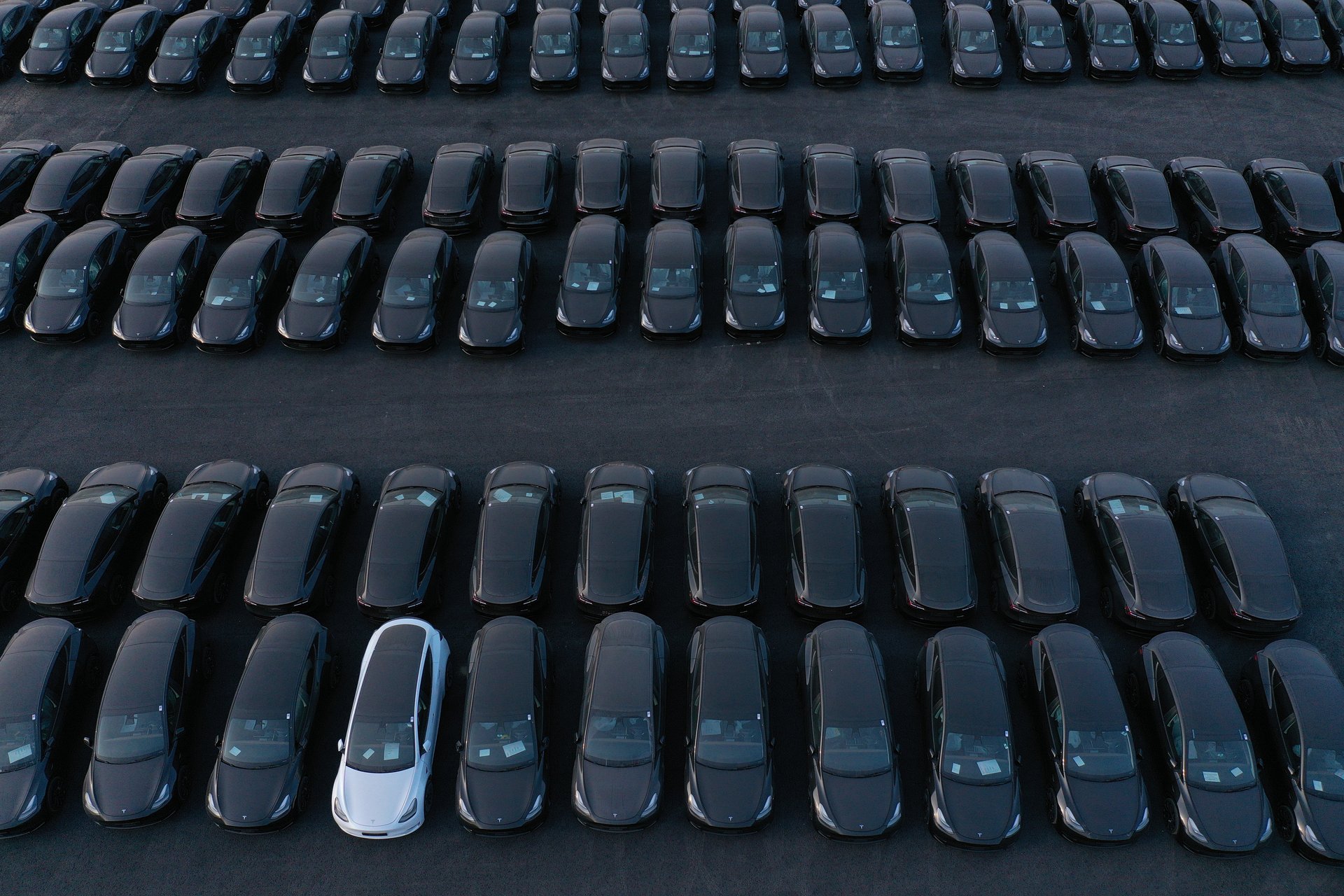Tesla's Elon Musk wants to use Chinese data to boost AI-powered self-driving cars
Due to Chinese regulations, Tesla can't export data collected there back to the U.S.

Tesla’s push for growth in the world’s largest auto market is being led by CEO Elon Musk’s focus on artificial intelligence and self-driving vehicles.
Suggested Reading
Reuters, citing unnamed sources with knowledge of Tesla’s work in China, reports that the company has been developing plans to build a data center in the country, which would train the algorithm needed for its cars to become more fully autonomous. If Tesla does proceed with those plans, it would be a major change from its past efforts to secure approval to transfer data collected by its electric vehicles outside of the country for testing.
Related Content
Since 2021, Tesla has stored all data collected by its Chinese fleet of electric vehicles in the country, as required by local regulators.
In Austin, Texas, where Tesla is based, the company is building the Dojo supercomputer, which is expected to be used for training Tesla’s algorithm models for the Full Self-Driving system. But the site has been plagued by issues, and Musk has been “furious” about the delays, The Information reported last month.
It’s unclear, whether Tesla will continue advocating to export data abroad or if it is advancing plans in both China and the U.S. as a precaution, Reuters reports.
Last month, Chinese authorities tentatively approved Tesla’s plan to deploy the full version of FSD using Baidu’s navigation and mapping services, building on an existing partnership that’s been on the books since 2020. Baidu is one of less than two dozen qualified suppliers with China’s top-level mapping credentials that are applicable to driver assistance programs.
Building a data center in China would require Tesla to partner up with a domestic partner, Reuters reports. The company may also face a issues purchasing the necessary hardware.
Tesla has discussed purchasing the AI chips known as graphic processing units from Nvidia, Reuters reports. But the Biden administration’s sanctions on China block Nvidia and its partners from selling its most advanced chips in the country, which was just hit with higher tariffs on EVs and other products.
Musk has also floated the idea of licensing FSD to Chinese EV makers, Reuters reports. Last month, the Tesla CEO said his company was in discussions with a “major” automaker about licensing FSD, although he did not name the company.
While Tesla is seen by many as a major competitor in the autonomous vehicle space — competing with Google’s Waymo, General Motors’ Cruise, and Amazon’s Zoox — it’s also facing strong competition in China. Pony.ai, an automated driving startup, runs its cars in limited test areas.
Baidu on Wednesday launched the sixth generation of its robotaxis, which cost less than half than its previous iteration. The technology giant operates its self-driving cars in in more than 10 cities.
Although it has its own partnerships on driverless cars, Baidu’s relationship with Tesla has grown closer recently. A Baidu executive earlier this week floated the idea of collaborating with Tesla to use the company’s long-promised robotaxis in China.
Musk in April announced that Tesla would unveil a robotaxi on Aug. 8, although it’s not clear what that will entail. Tesla last month said it was planning to launch its own ride-hailing service using a fleet of robotaxis, promising a competitor to Uber.